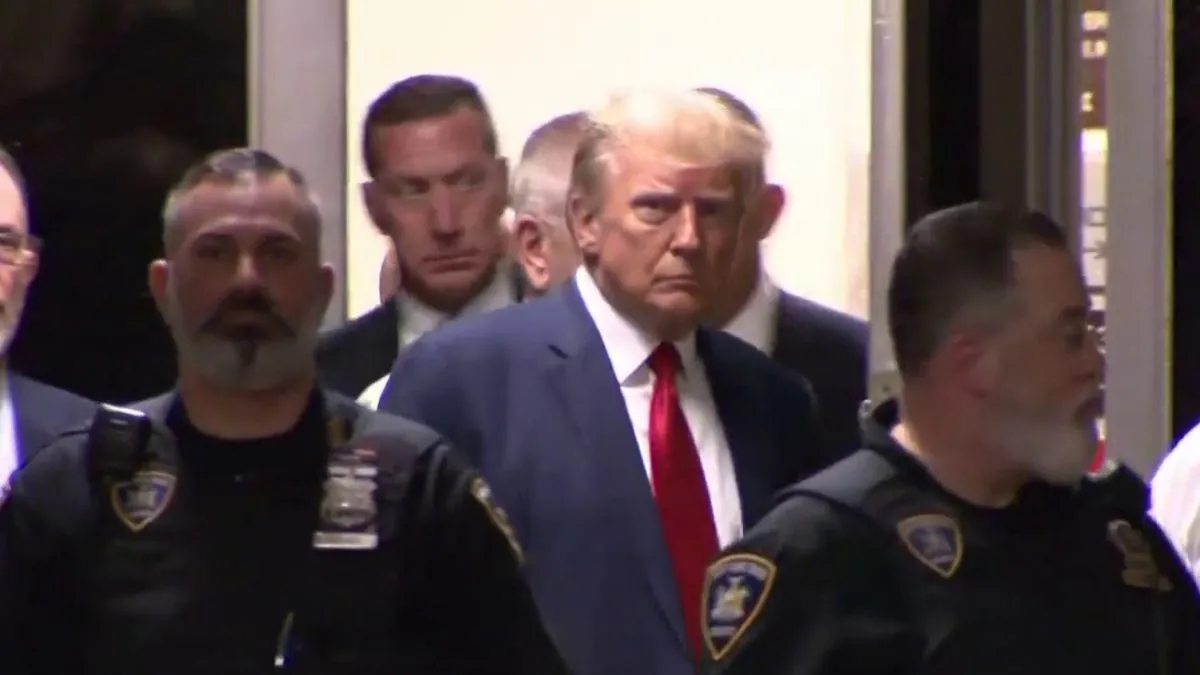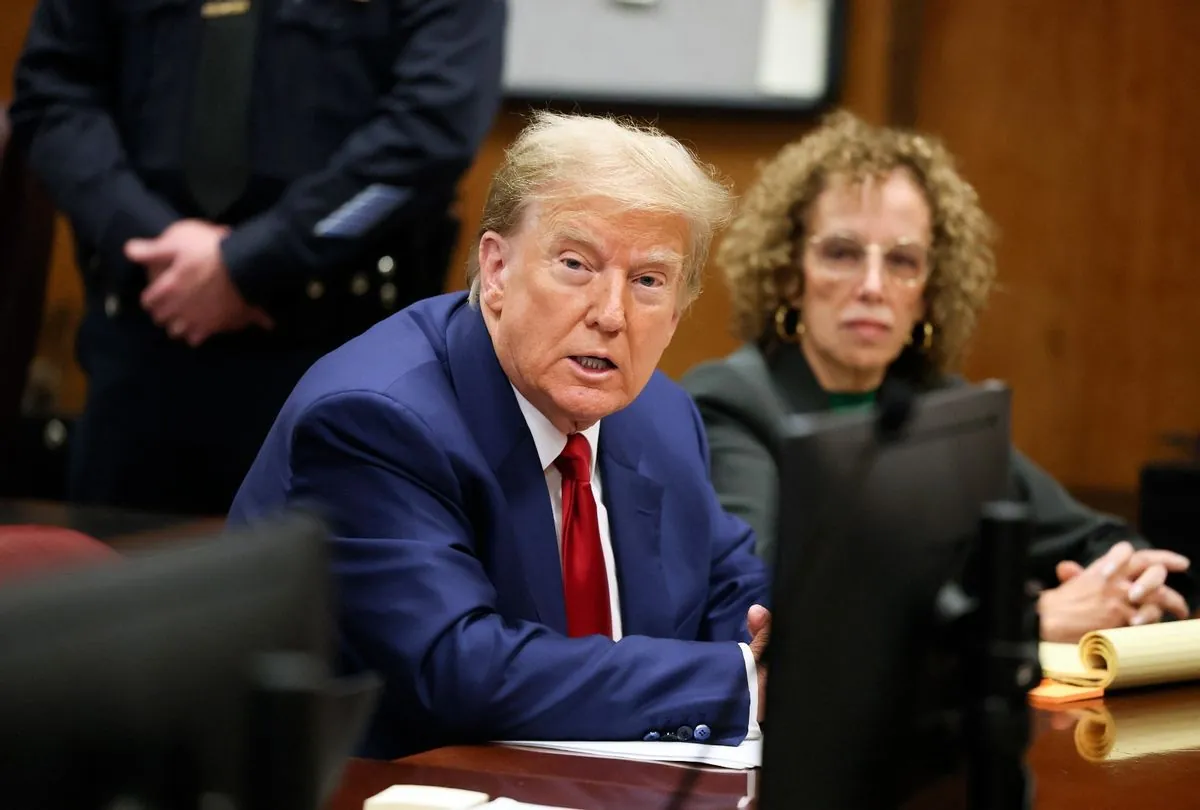Trump Legal Battles: Key Updates and Procedural Developments
Latest developments in Trump's four criminal cases, including scheduling disputes, new filings, and upcoming hearings. Special counsel and defense strategies evolve as cases progress through courts.

The ongoing legal proceedings involving Donald Trump continue to evolve, with recent developments across multiple jurisdictions. This update focuses on the current status of four criminal cases against the former president.
In Washington D.C., Judge Tanya S. Chutkan is considering contrasting proposals for the federal case related to alleged 2020 election obstruction. Trump's legal team has presented a detailed, multi-part schedule, while Special Counsel Jack Smith suggests a single government filing without a specific timeline. A hearing is set for Thursday to address these matters.
The New York hush money case faces potential delays. Justice Juan Merchan may postpone the planned September 18 sentencing due to complexities arising from the Supreme Court's immunity ruling. Trump's lawyers argue for a post-election date, with prosecutors not opposing a delay.

In Florida, the classified documents case has seen new developments. Jack Smith has filed a formal argument with the federal appeals court in Atlanta, challenging Judge Aileen M. Cannon's dismissal of the indictment. Smith's filing emphasizes the decision's conflict with established precedents and Department of Justice practices.
"It conflicts with an otherwise unbroken course of decisions, including by the Supreme Court … and it is at odds with widespread and long-standing appointment practices in the Department of Justice and across the government."
The Georgia case focusing on alleged 2020 election interference has witnessed fresh legal maneuvers. Trump's attorneys have accused District Attorney Fani T. Willis of "racial animus," seeking her disqualification and case dismissal. This adds to ongoing efforts to remove Willis based on claims of an improper relationship with an appointed investigator.
A key legal term in these proceedings is "superseding indictment." This refers to an updated charging document issued by a grand jury, which can add or remove defendants or charges. In the D.C. case, Smith's superseding indictment reduced certain allegations but maintained the number of charges and defendants.
These cases highlight the complex interplay between federal and state legal systems, a fundamental aspect of the U.S. judicial structure established in 1789. The proceedings also underscore the role of special counsels, appointed to investigate sensitive matters, a practice that has evolved since the Department of Justice's creation in 1870.
As these cases progress, they continue to test the boundaries of presidential immunity and the application of constitutional principles in unprecedented legal scenarios. The outcomes may have far-reaching implications for the balance of power and accountability in the American political system.


































